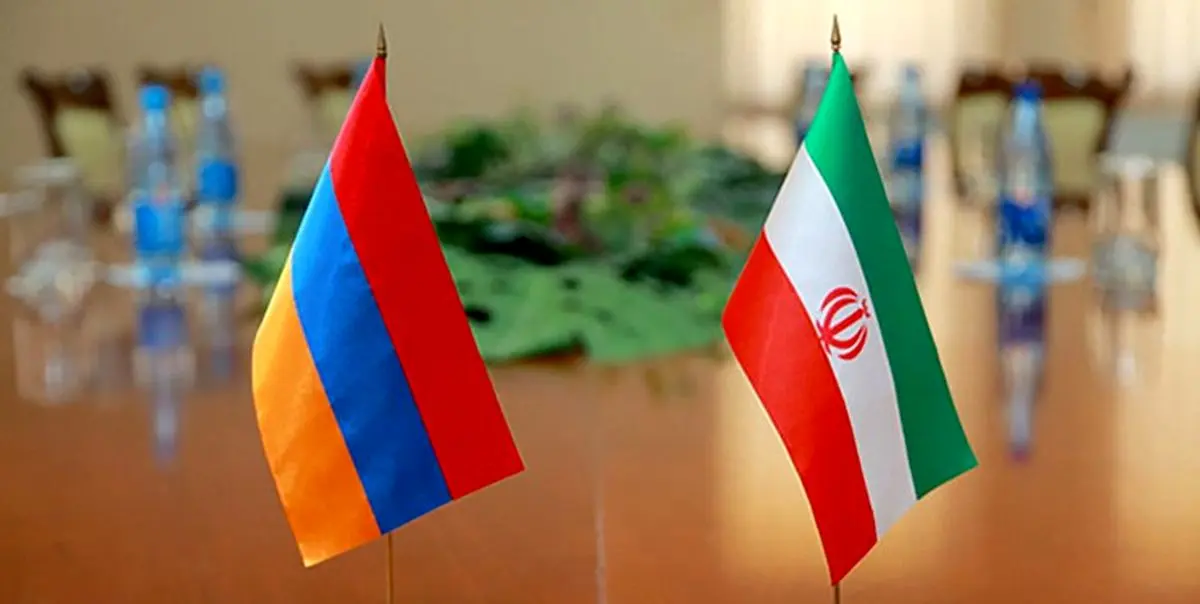SAEDNEWS: Former Iranian ambassador to Azerbaijan Mohsen Pakayin highlighted the strategic importance of President Pezeshkian’s visit to Armenia, stressing Iran’s historical ties and its role in promoting peace, transit, and energy cooperation in the Caucasus.

According to Saed News, quoting Etemad Online, Mohsen Pakayin, former Iranian ambassador to Azerbaijan, in an interview with Etemad Online analyzed and evaluated the importance and objectives of President Pezeshkian’s trip and Iran-Armenia relations. He stated that the visit to the Republic of Armenia primarily aims at strengthening Iran’s ties with its neighbors, which is a principle of the Islamic Republic’s strategic policy. Armenia, as one of Iran’s neighbors and long-standing friends, enjoys extensive cultural, historical, and civilizational connections with Iran. In this regard, the two countries’ economic and cultural cooperation is on a positive path. During the period of unjust sanctions against Iran, Armenia maintained effective and positive cooperation with the Islamic Republic, while Iran consistently provided its transit routes to Armenia so the country could access Europe and the open waters of the Persian Gulf and Oman.
He added: During the Karabakh war and after it, the Islamic Republic of Iran always supported the territorial integrity of both Armenia and Azerbaijan and played a constructive role in preserving international borders and preventing geopolitical changes in the Caucasus. Specifically, Iran can establish close relations with Armenia in three areas: trade, transit, and energy (such as electricity and gas). Currently, Iranian road construction companies are carrying out two major road projects in Armenia.
Pakayin continued: After the Karabakh war, the discourse of peace has prevailed in the Caucasus, and the Islamic Republic of Iran can take advantage of these new opportunities for economic cooperation with Armenia, particularly in strengthening a resistance economy. Regarding the recent agreement between Armenia and Azerbaijan reached in the Washington meeting, he said: This agreement, which has not yet been ratified by the legal institutions of both countries, is a step towards peace and stability in the Caucasus. Two important provisions of the agreement emphasize the opening of communication lines and respect for territorial integrity and national sovereignty.
Pakayin explained that this agreement could lead to the activation of more transit routes in the Caucasus. On one hand, Azerbaijan could access Nakhchivan through Armenia, and on the other, Armenia’s eastern and western borders would open toward Iran. This could boost economic cooperation and transit exchanges among regional countries and create new opportunities for economic interaction.
Regarding the possible presence of American companies in regional infrastructure projects, mentioned in some provisions of the Washington agreement, he expressed concern and added: The United States has never acted in the interest of Armenia or Azerbaijan and, during the Karabakh war, not only took no meaningful action to end the conflict but also exacerbated the crisis by selling destructive weapons to Azerbaijan.
According to him, U.S. interference in Azerbaijan’s internal affairs and its efforts to foment “velvet revolutions” reveal worrying precedents of foreign meddling in the Caucasus, and American involvement in regional infrastructure projects could destabilize the region.
In conclusion, Pakayin stressed that the Islamic Republic of Iran hopes Armenia’s government will act with precision and vigilance in using peaceful opportunities to enhance economic and transit cooperation with Iran. He also noted that although President Pezeshkian’s trip had long been planned and is not a reaction to the Washington meeting, in his meetings with Armenian officials, the Islamic Republic’s principled positions will be presented, and Iran’s national interests will be defended.

